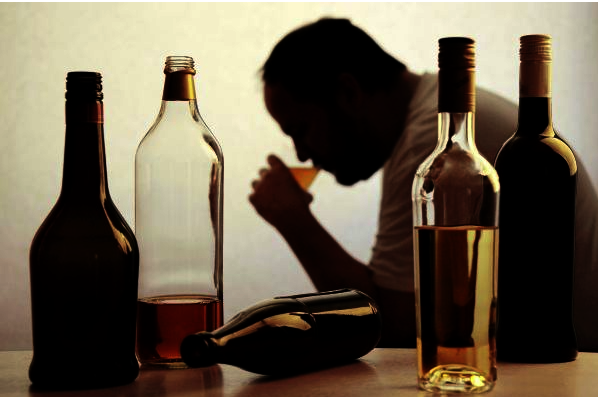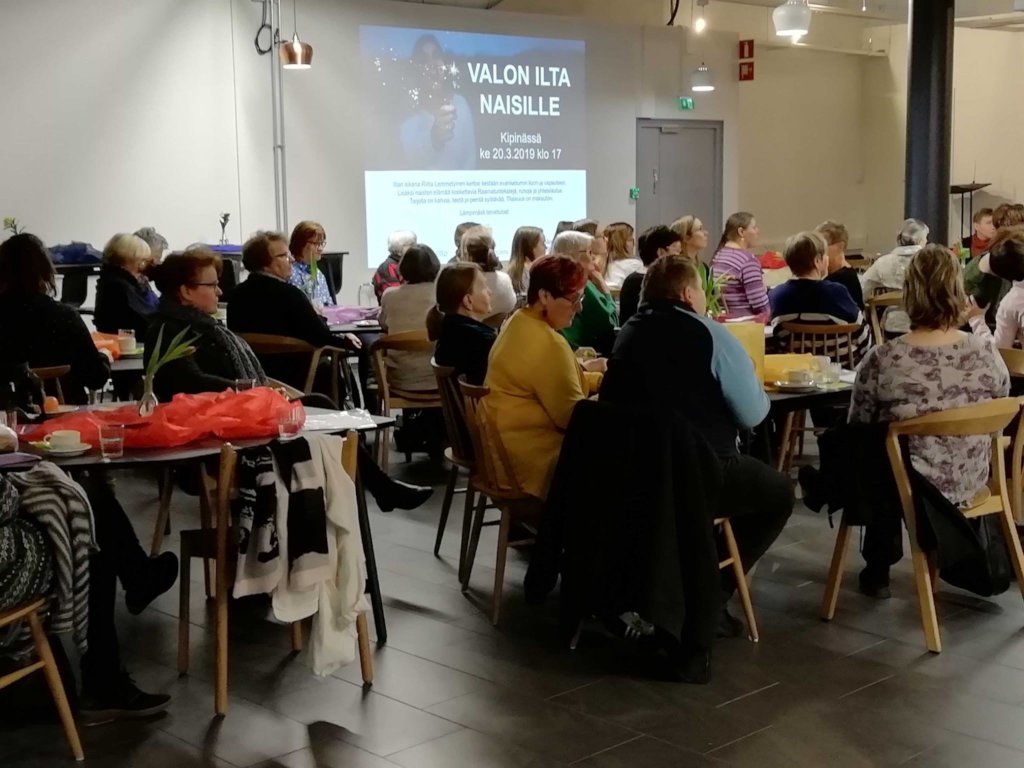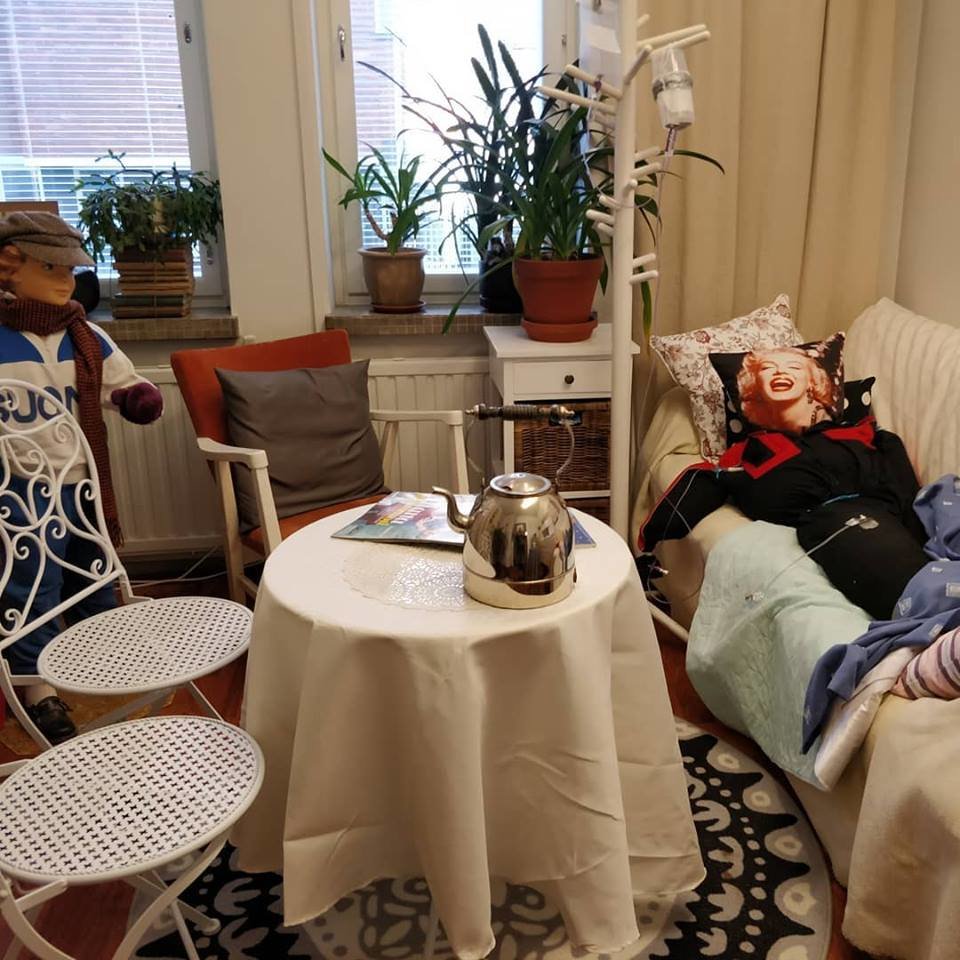By Noemi | Project Assistant
When there is no longer any difference between everyday life and weekends
The lives of pensioners are more marked by alcohol than ever before, especially the drinking of women is increasing. If grandma is dizzy, one should also consider alcohol as a possible cause, says Markus Partanen. While the alcohol consumption of others is decreasing, pensioners find themselves in a different situation.
The latest study of drinking behaviour in Finland was published in autumn 2018. According to the study, drug abuse among older people has increased sharply since the 1980s. For more and more senior citizens, alcohol consumption is part of everyday life. Seniors do not clearly distinguish between everyday life and weekends: If work doesn't regulate time anymore, it doesn't regulate drinking as clearly as it does for employees. The number of women aged 65 to 84 who consume alcohol has risen from 38% to 62% in 20 years. At the same time, the proportion of male users ranged between 70 and 80 percent.
"The phenomenon is not really surprising, as alcohol consumption increased steadily in the 1960s and 1970s in the lives of mature baby boomers," says THL researcher Christoffer Tigerstedt. The retired generation has experienced a major change in the release of alcohol. In their youth in the 70s, alcohol was bought at the bar. Even in the '80s it was a joke to insist on a midnight kiosk while it is common today. In the adulthood of big baby boomers, for example, alcohol sales have become normal, for example at sporting events. People over 65 are also healthier and richer. They travel and practice and are more active consumers than previous generations - including alcohol consumption.
The phenomenon is so new that it is difficult even for health professionals and social workers. Particularly addicted older women are often not recognised. Women drink more socially: A glass of wine with a friend is a typical situation for a retired alcoholic woman. The topic of the old, drinking women is still a taboo: A sweet grandmother would not smell of wine. It is therefore more difficult for women to admit that alcohol has become a problem. In 1993, only 8% of women aged 65-84 consumed alcohol, but twenty years later it was already 24%. Retired men drink more often and simultaneously more than women, but older women drink faster. The curve is steep, partly due to the low starting level. In the past, older women were often completely sober. Consumption is now balanced and increasing for both sexes.
The Finnish Blue Ribbon has created groups to train professionals and offer peer support, advice and information to the aging population. Help to counteract the trend and promote healthy ageing. Thank you for your donation!
Project reports on GlobalGiving are posted directly to globalgiving.org by Project Leaders as they are completed, generally every 3-4 months. To protect the integrity of these documents, GlobalGiving does not alter them; therefore you may find some language or formatting issues.
If you donate to this project or have donated to this project, you can recieve an email when this project posts a report. You can also subscribe for reports without donating.
Support this important cause by creating a personalized fundraising page.
Start a Fundraiser

